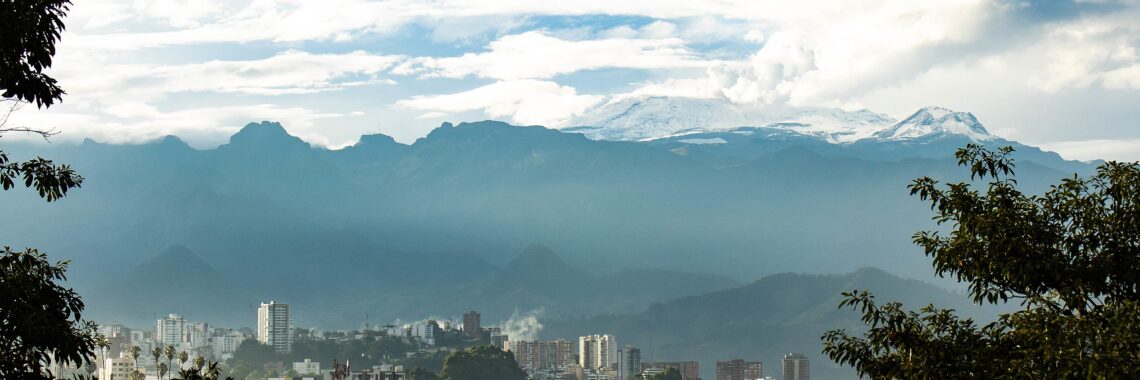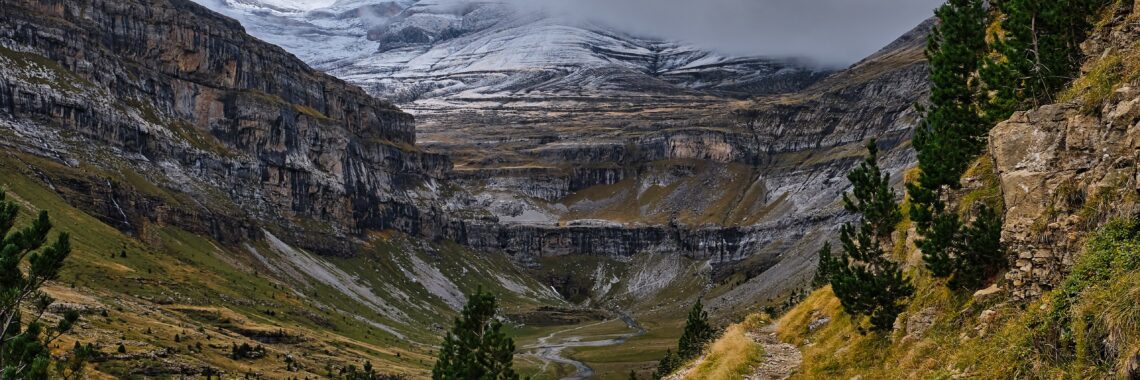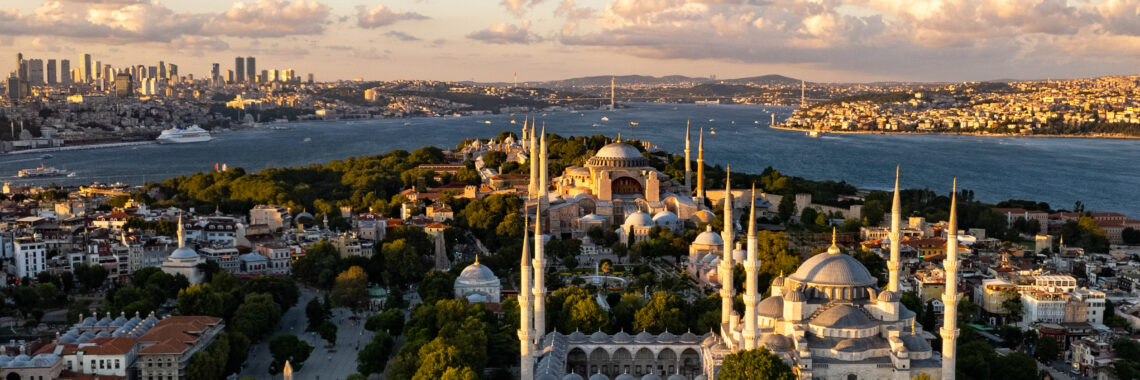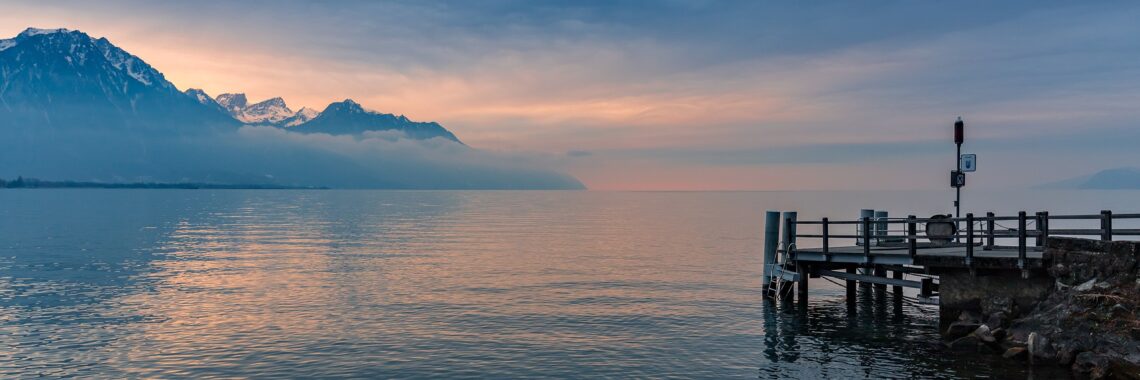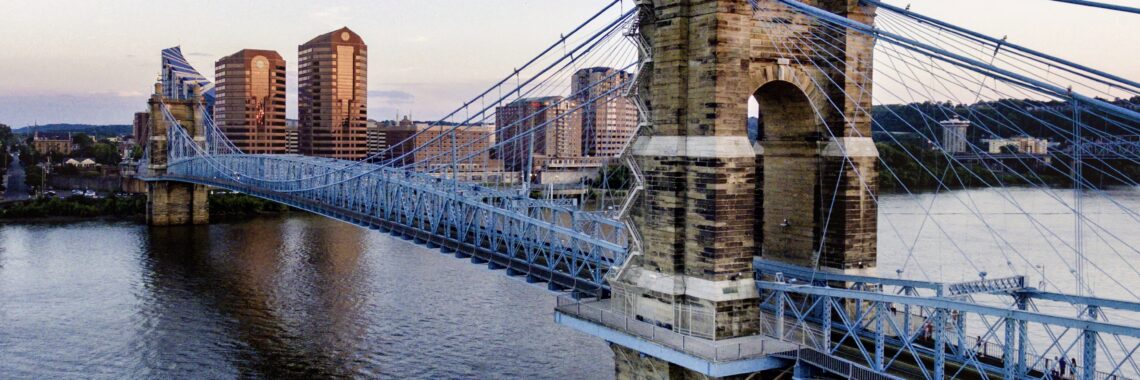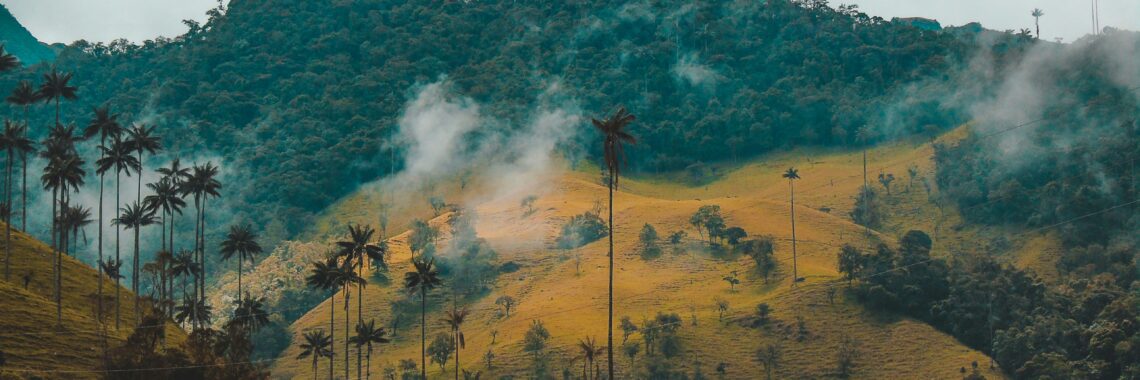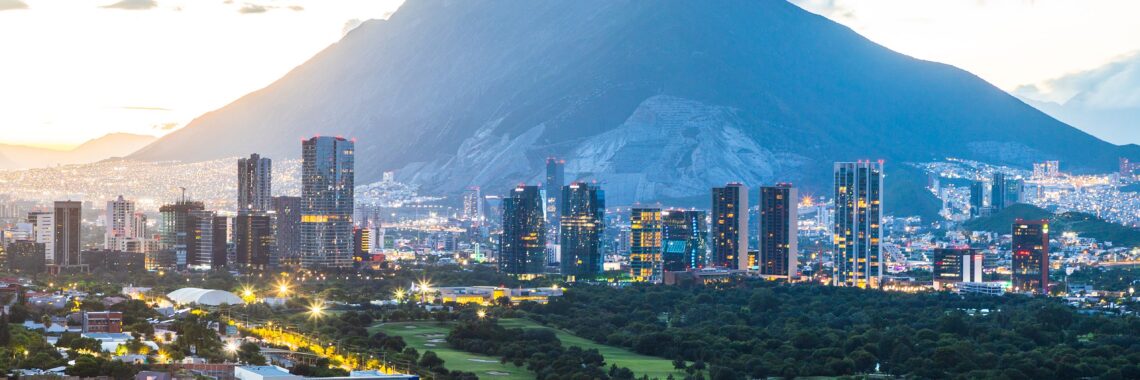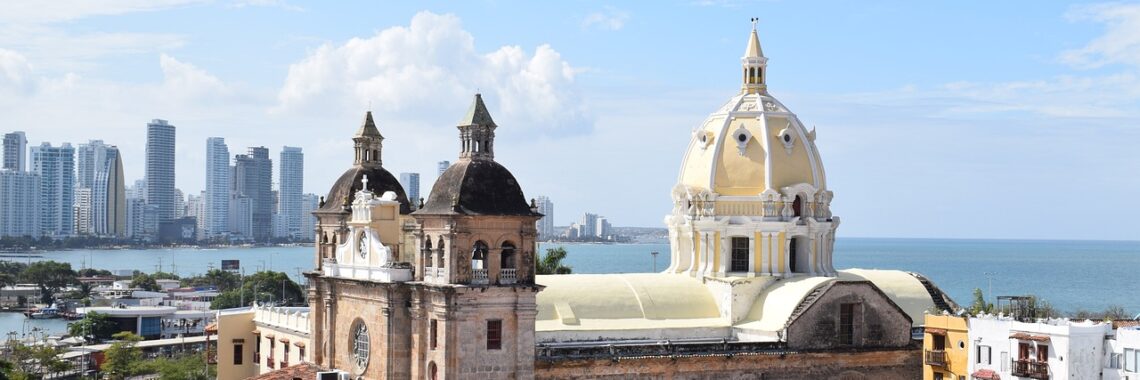“Interreligious Education within the Framework of Colombia’s Public Policy on Religious Freedom and Worship” by Camila A. Sánchez Sandoval
Nevado del Ruiz from Manizales, Colombia by Sebastian Jiménez (CC BY-SA 2.0). This article is part of our virtual symposium and essay series, “Masking Religious Freedom Violations.” Read more here. This essay is part of the “Masking Religious Freedom Violations” symposium organized by Canopy Forum and the IIRF. The following sections present the proposed and…


